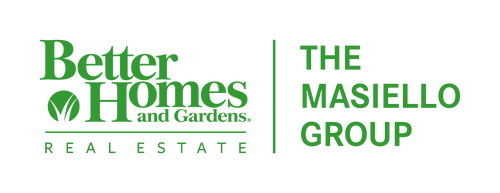
Considering a change of address?
The real estate market is an ever-evolving landscape, with prices fluctuating based on a myriad of factors including supply, demand, economic conditions, and even the time of year. For sellers, understanding how to navigate these changes and effectively price their homes is crucial for a successful sale. This guide explores the importance of strategic pricing, the role of real estate agents, the pitfalls of overpricing, and how days on market can influence buyer perception and sale outcomes.
The Importance of Strategic Pricing in Real Estate
Setting the right price for your home is more than just picking a number you feel matches its value. It involves a deep understanding of the current market, including what comparable homes are selling for, the overall supply and demand in your area, and the average days on market for similar properties. Strategic pricing is the cornerstone of attracting serious buyers and avoiding prolonged listing periods that can ultimately force a price reduction.
The Role of Real Estate Agents in Pricing Your Home
A knowledgeable real estate agent is invaluable when it comes to pricing your home. They bring a comprehensive understanding of local market trends, comparable sales, and buyer behavior. Agents use this information to help you set a competitive price that aligns with your selling goals while also appealing to potential buyers. Their expertise not only aids in pricing but also in marketing your home effectively, navigating the negotiation process, and handling the intricate paperwork involved in a real estate transaction.
Expert Insights: The Value of Professional Guidance
Real estate agents are more than just salespeople; they’re market experts who can predict trends, offer advice on home staging and improvements, and provide insights into buyer preferences. Their goal is to merge their market knowledge with your specific needs, creating a tailored approach to sell your home efficiently and at the best possible price.
The Pitfalls of Overpricing Your Home
Overpricing is a common mistake that can deter potential buyers, extend the time your home is on the market, and ultimately reduce the selling price. A home priced too high at the outset may not attract any offers, leading to a stale listing that buyers may overlook. Adjusting the price to more accurately reflect the market can reinvigorate interest in your listing but often at the cost of having lost valuable initial marketing momentum.
Pricing Strategy: Finding the Sweet Spot
The initial listing price should be based on a thorough market analysis, considering recent sales of comparable properties, the current demand for homes in your area, and any unique features or selling points of your property. This strategic approach helps set a realistic expectation for buyers and can prevent the need for significant price adjustments down the line.
Days on Market: A Critical Factor in Home Sales
The number of days a property has been listed for sale is a critical metric that buyers consider when evaluating a home. Properties that linger on the market for longer than the average time can be perceived as less desirable, often leading to the assumption that there may be something wrong with the home or that the seller is not motivated. This perception can severely impact the offers you receive, with buyers expecting price concessions for homes that have been listed for an extended period.
The Relationship Between Pricing and Days on Market
A well-priced home is more likely to sell quickly, aligning with or even below the average days on market for the area. This not only positions your home as a desirable option but also signals to buyers that the property is priced fairly, increasing the likelihood of receiving offers that closely match or exceed the asking price.
Successfully selling your home requires a strategic approach to pricing, an understanding of market dynamics, and a willingness to adjust your strategy based on buyer feedback and market conditions. By working with an experienced real estate agent and setting a realistic, market-driven price, you can avoid the pitfalls of overpricing and ensure that your home attracts interested buyers. Remember, the goal is to create a win-win scenario where your home sells promptly for a price that reflects its true market value, ultimately leading to a successful and satisfying sale.


 Facebook
Facebook
 X
X
 Pinterest
Pinterest
 Copy Link
Copy Link

